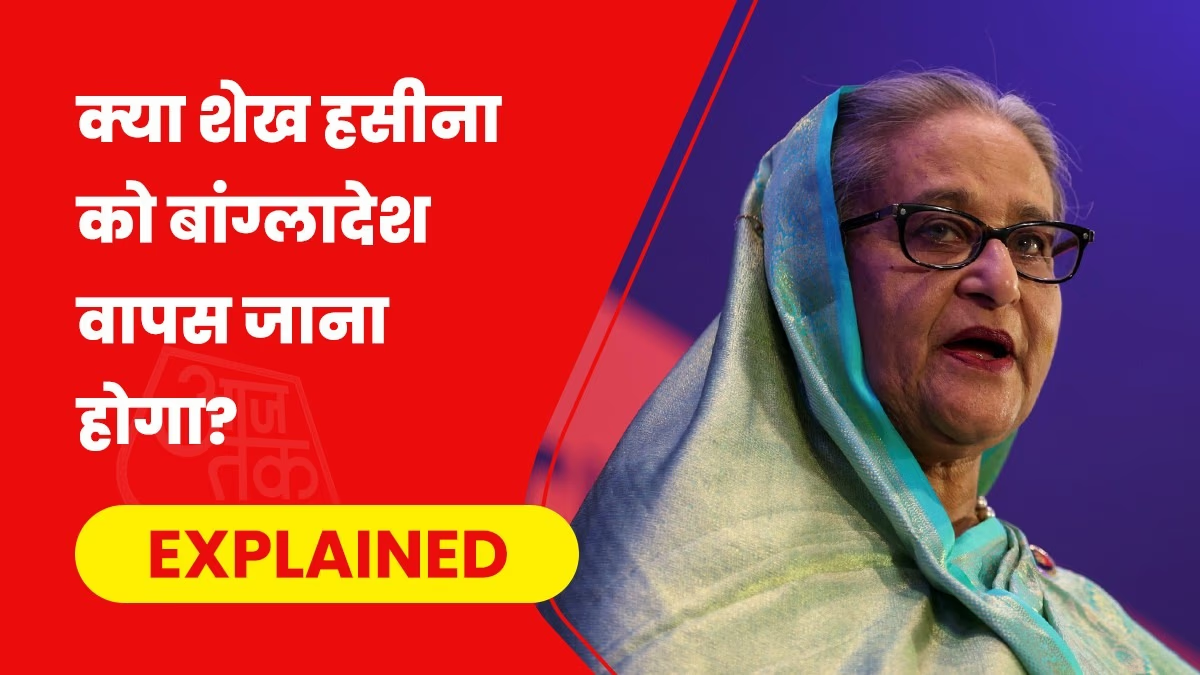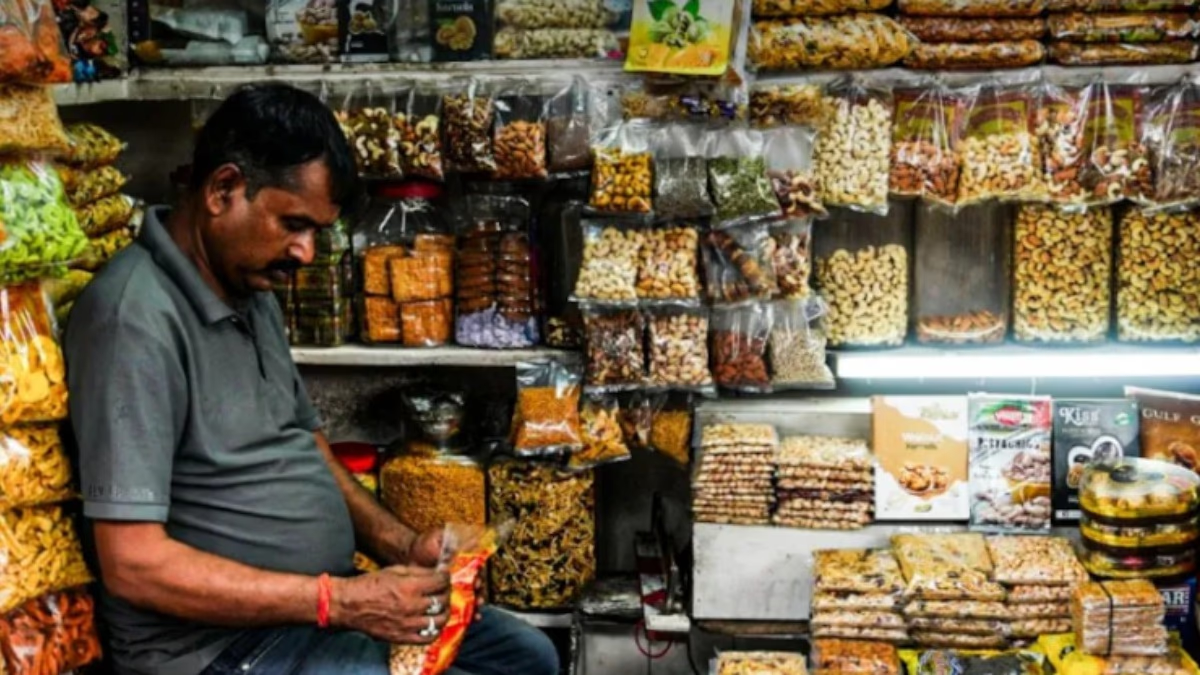Two cases have been filed against former Bangladeshi Prime Minister Sheikh Hasina. The first case is related to murder, while the second involves kidnapping. Two cases have been filed against her within two days.
In the murder case, six leaders of her party, Awami League, have also been accused alongside Sheikh Hasina. On July 19, Abu Saeed, who ran a grocery store in Dhaka's Mohammadpur area, was murdered. His murder occurred during a student protest.
Meanwhile, the kidnapping case was registered by Supreme Court lawyer Sohel Rana. He alleges that on February 10, 2015, he was kidnapped, tortured, and released in August.
The registration of these cases has created significant issues not only for Sheikh Hasina but also for India. Since her resignation on August 5, Sheikh Hasina has been staying in India.
Why is it Challenging for India?
Sheikh Hasina's prolonged stay in India could cause problems. There is an extradition treaty between India and Bangladesh, signed in January 2013.
Due to this treaty, the Bangladeshi government can demand that India arrest and extradite Sheikh Hasina for trial. Interestingly, discussions on the extradition treaty progressed after Sheikh Hasina became Prime Minister in 2009.
India had long requested the extradition of Anup Chetia, the leader of Assam's separatist group ULFA, who was arrested in Bangladesh in 1997. Following the treaty's signing in 2013, Anup Chetia was extradited to India in November 2015.
Currently, Bangladesh has an interim government led by Mohammad Yunus. There are growing calls for Sheikh Hasina's extradition. The Bangladesh Supreme Court Bar Association has also demanded her arrest and extradition from India.
Read This: Is India Getting Encircled by China? How Neighboring Countries Like Pakistan, Nepal, and Bangladesh are Causing Concerns
How Long Will Sheikh Hasina Stay in India?
Since her resignation on Agust 5, Sheikh Hasina and her sister Sheikh Rehana have been in India. They arrived the same evening she resigned and are currently at a secure location.
There were speculations that Sheikh Hasina might travel to London from India. However, this seems unlikely for now. According to sources from the Dhaka Tribune, Sheikh Hasina might stay in India for a few more days.
It's believed that Sheikh Hasina won't stay in India for too long, as it could escalate extradition demands. She might move to a country where the chance of extradition is minimal or nonexistent.
Why Isn't India Safe for Sheikh Hasina?
Although Sheikh Hasina is currently safe in India, it might not be safe for her to stay for long. As cases continue to be registered against her, the Bangladeshi government could pressure India to extradite her.
The extradition treaty between the two countries states that if someone commits a crime punishable by at least one year in prison, they must be extradited.
The treaty says extradition can be refused for political crimes, but not for serious crimes like murder, genocide, or kidnapping.
Read This: Sheikh Hasina Leaving, Mohammad Yunus Arriving... How Bangladesh’s Troubled Situation is a Blow to India
What Can India Do?
India has always had good relations with Sheikh Hasina. If Bangladesh requests extradition, it might put India in a difficult position.
It's believed that if such a request is made, India might refuse Sheikh Hasina's extradition. This could strain India-Bangladesh relations and spark anti-India sentiments in Bangladesh.
However, India has a policy of prioritizing its interests despite possible displeasure. Despite China's objections and the 1962 war, India has sheltered the Dalai Lama for decades. Similarly, since 1992, the family of former Afghan President Mohammad Najibullah has lived in India.
In 2021, after the Taliban took over Afghanistan, India reportedly refused to shelter President Ashraf Ghani. In July 2022, India also refused to shelter Sri Lankan President Gotabaya, who later went to the Maldives.
Read This: Is the Quota System Just an Excuse? 3 Reasons for the Anger Against Sheikh Hasina in Bangladesh
Will Sheikh Hasina Return?
Currently, Sheikh Hasina has become a 'pawn' in Bangladeshi politics. Her future largely depends on the Bangladeshi military. There's speculation that the military might offer her a deal similar to what Pervez Musharraf received from the Pakistani army, allowing him to live in Dubai until his death. The Bangladeshi military might offer something similar to Sheikh Hasina.
Recently, the head of Home Affairs in Bangladesh's interim government, Brigadier General (Retired) M Sakhawat Hussain, appealed for Sheikh Hasina to return.
Hussain said that Sheikh Hasina left on her own accord and should return, but avoid causing any unrest, as it would anger people further. Interim government head Mohammad Yunus also criticized Sheikh Hasina’s stay in India. Recently, Sheikh Hasina’s son, Sajib Wazed Joy, said in an interview with Aaj Tak that she wants to return to Bangladesh. He claimed that they have not applied for asylum in any country and intend to return soon.




